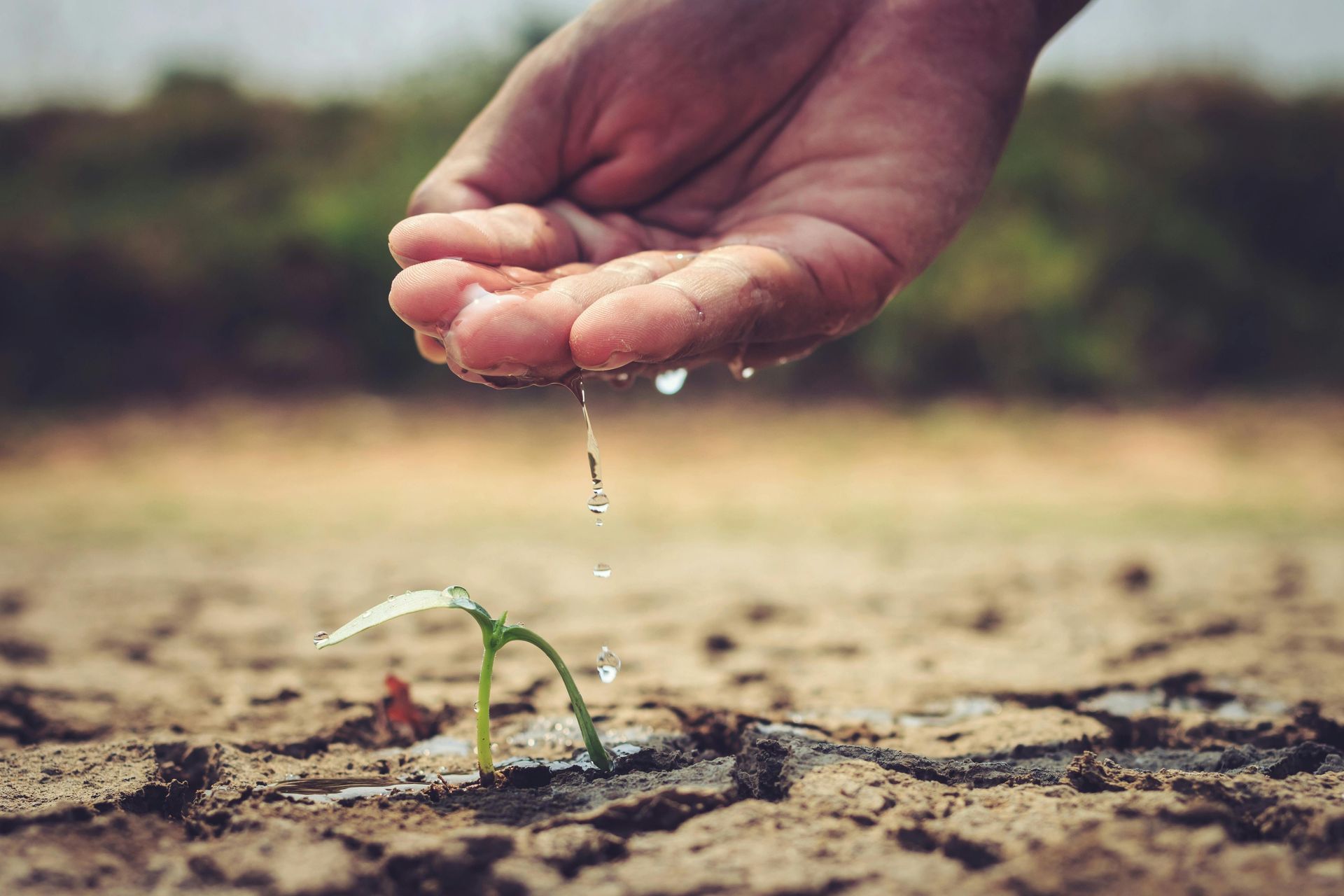5 Things to Consider with Farm Accounting
Here are 5 things to consider with your farm accounting.
Farm accounting is as unique as the business and more complex when you consider the assets, liabilities, costs and revenue.
Here are 5 things to consider with your farm accounting.
1. Land is an asset
Your land is an asset, and if it’s properly managed it shouldn’t depreciate in value and may even go up. However, mismanaged land can take many years to return to productivity, especially if the land has become highly acidic or is nutrient poor. Keeping your land in good condition is money well spent – whatever the cost. You should always account for the cost of maintaining the land, including fertiliser, irrigation, drainage, soil pH management, weed removal, and pest control.
2. Know your stock
Knowing your stock is important as every head has a value. Most farmers will know how many animals they have - type, breed and age - to within a small margin. However, the number won’t be static as animals breed and die. The old saying, “where there is livestock, there is also deadstock” still applies, especially during cold winters and lambing or calving season. Your stock numbers will change over time and it's important to record these changes in your accounting software. Every head has a value, and that value should be recorded.
3. Make use of the internet and the cloud
Most farms have an internet connection, even if it’s not as fast as you’d like – rural life has its downsides. The internet and cloud-based software can help you keep track of the various things you need in farming. Make the most of it by:
- Checking stock prices and trends: Keeping up to date with these numbers can help farmers decide how best to utilise their land.
- Accessing kill sheets, tracking milk solid prices, etc: Usually faster and easier than getting this information by mail or word-of-mouth.
- Long-range and short-range weather forecasting: Vital, required knowledge for just about every type of farm.
- Using cloud apps: These new tools offer much faster access to information, accounting tools, resources, and bank accounts.
- Cloud-based accounting: Keep up to date with your cashflow.
4. Depreciation
Don’t forget to depreciate the cost of new equipment so it can be offset against tax. The value of the equipment will depreciate over time as it becomes older, wears out, or is made obsolete by newer technology. You can depreciate:
- Tractors, trucks, harvesting equipment and other farm machinery.
- Computer equipment.
- Hand tools, machine tools, and repair equipment.
Keep track of what you buy and account for its depreciation each year.
5. Account for loss
Accounting for loss is important as farming is dependent on the weather and sometimes the weather wreaks havoc. A hot, dry summer might be great for wine growers but it can be catastrophic for dairy farmers. Unseasonal storms can destroy entire crops, and unexpected rain can leave hay rotting in the fields.
It's important to record any losses in your accounts, to reduce your overall tax bill. You don’t want to be taxed on something that's been destroyed, or on a profit that you haven't made.
Farm accounting is as unique as the business and more complex when you consider the assets, liabilities, costs and revenue.











